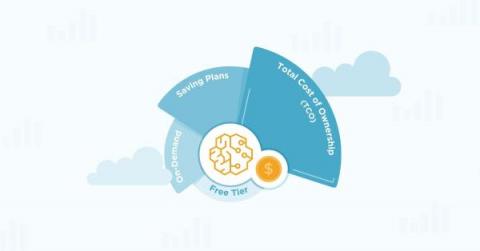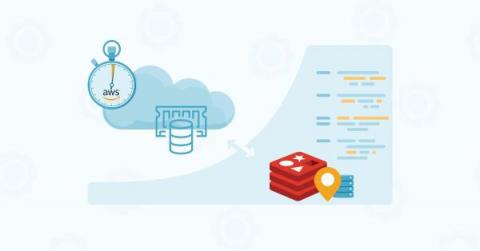Kubecost Vs. OpenCost: What's The Difference?
Kubernetes (K8s) adoption has exploded over the past few years. But it hasn't been easy to monitor, manage, and optimize K8s costs. To provide greater cost visibility into Kubernetes clusters and environments, Kubecost launched in 2019 while OpenCost debuted in 2022. OpenCost has several founding contributors. But it is Kubecost that developed the cost allocation engine that the OpenCost implementation uses. Kubecost also announced the launch of OpenCost on June 2, 2022.











